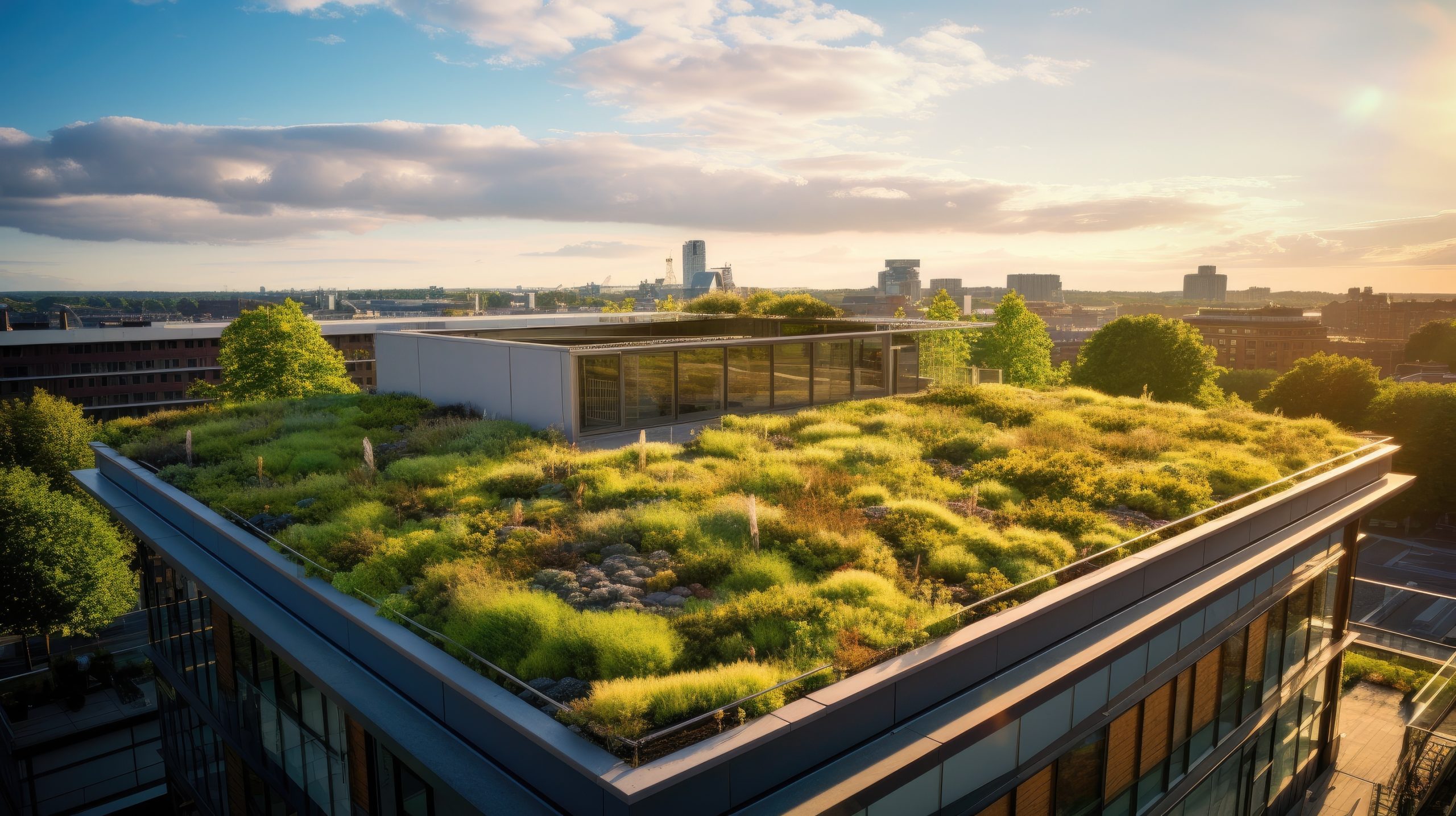
The mission of the Building Innovation Cluster (BIC) is to cultivate value creation and innovation in the construction sector. As Blaise Clerc, the Director of BIC, explains, “Our network, which has around 100 members, facilitates dialogue and interaction between the industry’s many different players, for example, by running conferences and workshops on specific topics. Some of the themes we’ve dealt with recently include the use of bio-based materials in renovation projects, renewable energy storage and the re-use of building materials in new builds.”
Another important part of BIC’s work is, “setting up collaborative and competitive projects that can benefit from the support of academic institutions and the New Regional Policy (ed.: a stimulus program launched by the federal government with help from the cantons).” The cluster, which works closely with the Smart Living Lab and the School of Engineering and Architecture of Fribourg, has set itself three strategic priorities: sustainable funding, innovative renovation practices and digitalization, “as part of a wider approach that adheres to circular and sustainable economy principles.”
Rooftop vegetable gardens
One project that BIC has helped to launch is ‘Green Roofs’ (see photo), which aims to create intensive rooftop gardens that use sustainable substrates and come with an in-built system for collecting, pumping and reusing rainwater. According to Clerc, “The solution is promising and addresses several challenges facing urban habitats today, such as promoting biodiversity, hydrological restoration, as well as temperature regulation to tackle the growing problem of heat islands in cities.” Another upside of the green roof solution that tends to be overlooked is the creation of vegetable gardens, as the BIC director happily points out, “New York’s experience with the Greenway Initiative has proven that urban gardening can produce high-quality vegetables!”
Other ongoing projects include ‘Light Budget’ which prioritizes construction strategies and techniques that provide the best ratio of light quality to CO2 emissions; ‘BIM UP’ which explores support measures that could facilitate the transition to digital solutions in the construction industry; and ‘TASer’ which centers on the feasibility of a new economic model to incentivize renovation projects. Ultimately, the role of BIC, according to its director, is “to work hand in hand with our financial partners to devise new business models that can accelerate the transition to cleaner energies.”
